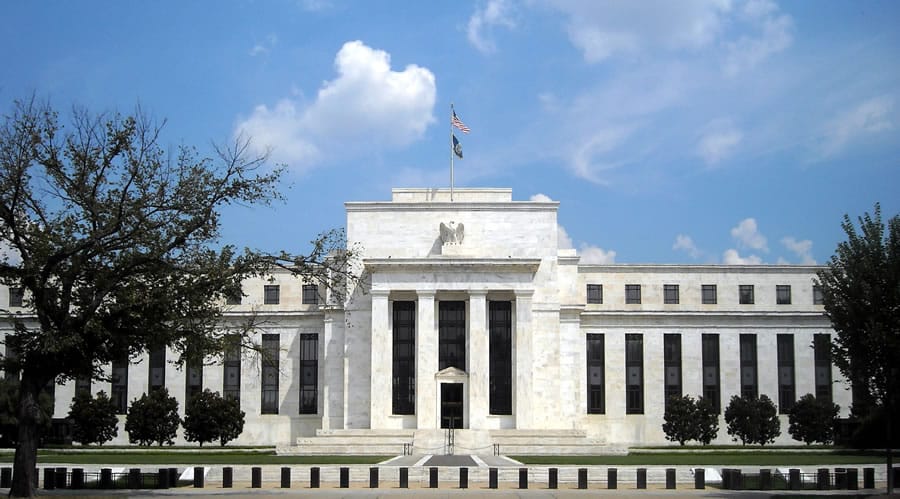
FEDERAL RESERVE REGULATIONS IN BANKING Essay
The current regulatory policy of the US government in relation to American banks aims at the protection of banks’ interests above all and minimization of the risk of downfall of largest banks in the country. In such a situation, interests of average customers of banks seem to be of little importance for the government. Existing regulations focus on the prevention of bankruptcy of large American banks and enhancement of their competitive position rather than on the protection of customers.
In actuality, existing government regulations in the banking industry provide the support of largest banks. The support of largest banks aims at the maintenance of largest banks and prevention of their bankruptcy. These policies put banks in a secure position in terms of their financial policies. What is meant here is the fact that banks can always count on the government support in case of substantial financial troubles because existing regulations admit the possibility of such support. At the same time, the government does not fully control how banks use their funds and the government support. This means that banks can carry on their risky policies or increase earnings of their CEOs due to the government support, while average customers will be unable to secure their money or take a bank loan, for instance.
In fact, customers of banks remain secondary in terms of regulations established by the government in relation to the US banks. The government is afraid of bankruptcy of large banks because their bankruptcy can provoke consistent deterioration in the financial market of the US and in the US economy. However, through its regulation policies, the government supports large banks deriving from principles of the open market economy. The government support puts banks in a secured position providing them with competitive advantages over their foreign rivals.
Therefore, the US government attempts to protect American banks from the competition from the part of foreign banks that can enter the US market, if existing regulations were less restrictive. Such protection may be reasonable in terms of the growing competition in the global market but it is customers of American banks that suffer the most. They are not protected by existing legislation, whereas banks use their funds ineffectively. For instance, they may conduct risky operations, while their top managers can earn exorbitant profits, regardless of the actual financial position of their banks.
In actuality, the US government focuses on the protection of interests of banks and large companies, while average bank customers remain virtually unprotected. Therefore, the US government should enhance regulations in the bank industry to make banks more reliable and responsible in relation to all customers. Naturally, in such a situation, the government should change its policies in regard to regulations in the banking industry. Banks should become more responsible in relation to its customers because the regulations helping banks to maintain their financial performance and use their funds ineffectively have negative impact not only on the banking industry but on the US economy at large. To put it more precisely, as banks feel being secured by the government support, they use their financial resources ineffectively, while it is their customers and tax payers that will cover financial losses of banks through the government support of largest banks.
Thus, changes in the government regulations of the banking industry should enhance the public control over banks and protect customers of banks.

